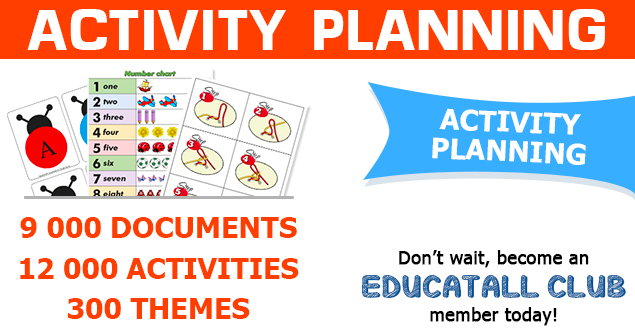
How to intervene with a defiant child
I’m not sure if it’s because I am “in the field” more than I was in the past or if the problem really is more common, but it seems as if more families and early childhood educators are having to work with defiant children. Almost every week, I discuss this challenge with a parent or caregiver. There is a fine line between the opposition associated with a normal developmental phase and a more severe problem present among school-aged children. Opposition is a popular subject these days.
There are two types of opposition. It can be developmental or problematic. All children will manifest opposition or defiance at some point in their development. For example, during the terrible twos, children’s assertiveness can lead to defiance. At this age, children are simply trying to express their individuality. Opposition is often the first manifestation of autonomy. However, when opposition and defiance are frequently present, too intense, and hinder a child’s development, they can become problematic. Only 3% to 5% of children will develop what is called an Oppositional Defiant Disorder (ODD). When the problematic behavior is present beyond the normal developmental phase and for more than 6 months, there is reason to believe the child suffers from ODD. The child must therefore be evaluated by professionals to confirm the diagnosis or exclude it. Certain manifestations may be observed in such a situation. The child may refuse to follow rules, argue a lot, or hold his head in his hands. What’s more, he may not seem to not care about the consequences or punishments he faces, while he may frequently get angry and provoke adults. Finally, tantrums and violent outbursts may be common.
As an early childhood educator, you may not encounter children who have received an ODD diagnosis, since this disorder is generally diagnosed in school-aged children. However, many opposition behaviours, regardless if they are normal or not, are present during early childhood. For this reason, I feel it is important that you are well-equipped to face this problem, so you can react adequately and without depleting too much of your energy.
What causes this disorder? Being aware of the source of the problem can be helpful. Here are a few possible causes.
- The child feels as if his needs, individuality, and desire for independence lack recognition.
- No parent-child relationship has been established.
- The child has learned that opposition gets him what he wants.
- A genetic composition may also be linked to this disorder.
How should you intervene with a defiant child? Whether opposition is present during the normal developmental phase or appears to be problematic, your interventions can have a major impact on the child’s behaviour.
- Keep in mind that argumentation fuels opposition. The more you argue, the more opposition will be present. The opposite is also true. If you argue less, the child will be less defiant.
- Express your love and spend quality time with the child. Your relationship will represent the foundation for everything else. Take the time to establish a strong relationship before you attempt to intervene.
- Know that a defiant child is not always aware of his behaviour. He may act without thinking and then find himself facing a consequence/punishment. His self-esteem can plummet. Foster enjoyable moments as much as possible.
- Avoid giving negative behaviour negative attention. Any attention, even negative, gives the child what he wants. Whenever possible, intentionally ignore bad behaviour.
- Give the child as much positive attention as possible. Celebrate his successes, highlight his efforts, and tell him you are proud of him when his behaviour is adequate.
- Avoid saying “no”. With a defiant child, the word “no” can trigger a tantrum.
- Give the child false options to give him the impression he is deciding. Opposition will be less present since the child will feel as if his needs and individuality are being respected.
- Above all, be patient. Facing opposition can be burdensome for an adult. Simple interventions may, in the long term, help avoid a child’s opposition becoming problematic.
Of course, certain children can be more challenging for adults, parents, caregivers, and early childhood educators. If needed, do not hesitate to ask for help. Your interventions can have an important impact on a defiant child, they must therefore never be taken lightly. Don’t forget that our challenges help us grow…
Maude Dubé, Specialized educator

 Home
Home Theme activities
Theme activities
 Babies and toddlers
Babies and toddlers
 Arts and crafts
Arts and crafts
 Science
Science
 Creative recipes
Creative recipes
 Tips and tricks
Tips and tricks
 Special needs
Special needs
 Extra activities
Extra activities
 Educ-TV
Educ-TV
 Newsletter
Newsletter  Online store
Online store Educatall club
Educatall club

